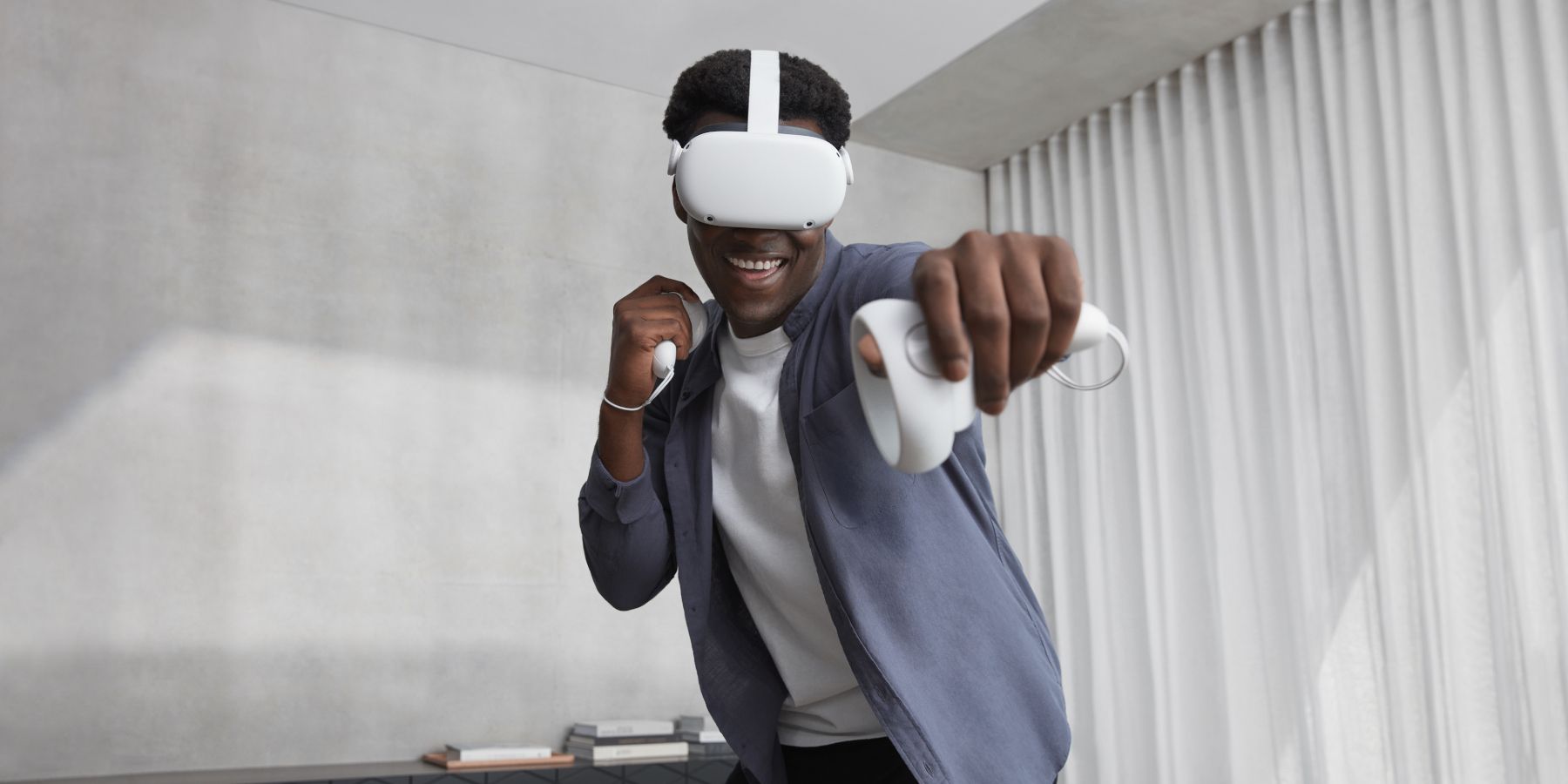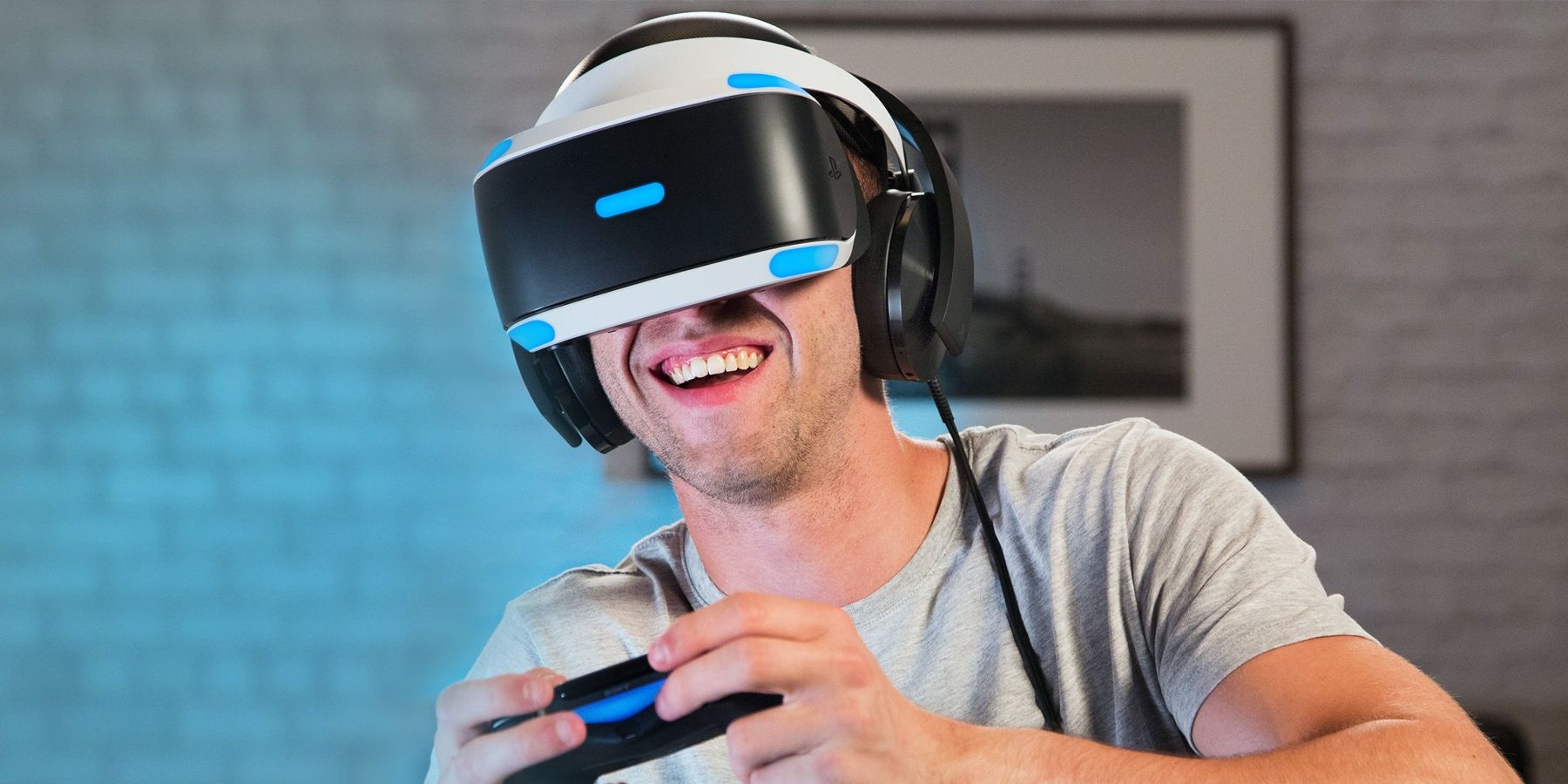Virtual reality has grown increasingly popular in recent years, in no small part due to the availability of affordable, standalone, wireless headsets. Of course, they're also increasingly popular on high-end PCs, mobile devices, and consoles like with PlayStation VR, too. The result is more people using VR than ever before, and also a lot of accidentally ruined valuables to go along with it. A new report states that VR-related insurance claims rose an astonishing 31% in 2021.
The Guardian reports that insurer Aviva is seeing a striking rise in VR-related insurance claims over the past several years. The insurer states that gadgets and games often lead to similar trends for insurance claims, citing consoles with handsets, fitness games, and even fidget spinners as other examples. It's simply evidence of VR's rising popularity rather than any sort of surprise behavior or event. VR headset insurance claims have risen by 68% overall since 2016, so 2021 simply marks an increase of an already-seen trend.
Aviva also provided some examples of VR insurance claims that they received. One said that they threw their controller at what they thought to be a zombie attacking them in VR. The VR controller, of course, went directly into the player's television. Another VR player, a child, broke two "designer figurines" that were sitting on a nearby mantelpiece when they swiped their arm out for a move in-game. Aviva says that it paid out these claims, which should be encouraging to VR gamers with insurance.
Explaining The Increase In VR-Related Insurance Claims
As for what the claims are for, Aviva says that they're often televisions that have been broken due to "overenthusiasm." Basically, VR gamers will be using their headset and will lose track of where they are and what's around them. They'll then punch, kick, or move suddenly directly into the television and either break it with the impact or knock it over. Claims for VR incidents, said Aviva, averaged to around £650, which is about $880.
While it may be a humorous situation to those not involved, Aviva warns VR users to maintain a state of awareness of where they are in the real world. Barring that, Aviva encourages VR players to ensure their home insurance plans are updated to account for possible VR-related damages. That seems especially true if VR enthusiasts are playing nearby an expensive television.
As for whether Aviva expects claims to increase in number going forward, the company says it does. Whether it's higher than 31% growth is another matter, but claims are apparently already rising due to all the VR headsets acquired on Christmas. So long as new headsets - like the Oculus Quest 2 or the upcoming PlayStation VR2 - keep coming out, VR insurance claims will climb.
Source: The Guardian


